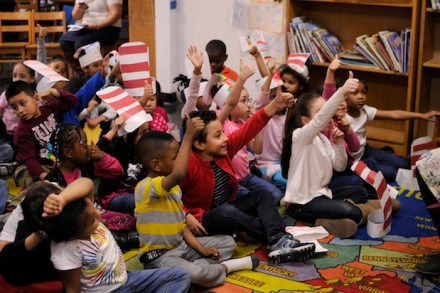What I’d like in the Budget: more support for teachers
To start on a glamorous note: subsidised bus fares for those in full-time education outside London. I turned 16 in the same year my dad turned 60, and just as I had to pay full (and, in Oxford, whopping) bus fares, he got a free bus pass. At 16 you’re now obliged by law to be in full-time education, so it’s not possible to be earning as much as an adult – why should you pay as much? Public transport is a great thing for young people, enabling them to be independent in an environmentally and traffic-friendly way: let’s make it affordable. Then there’s the shortage of good teachers for




















